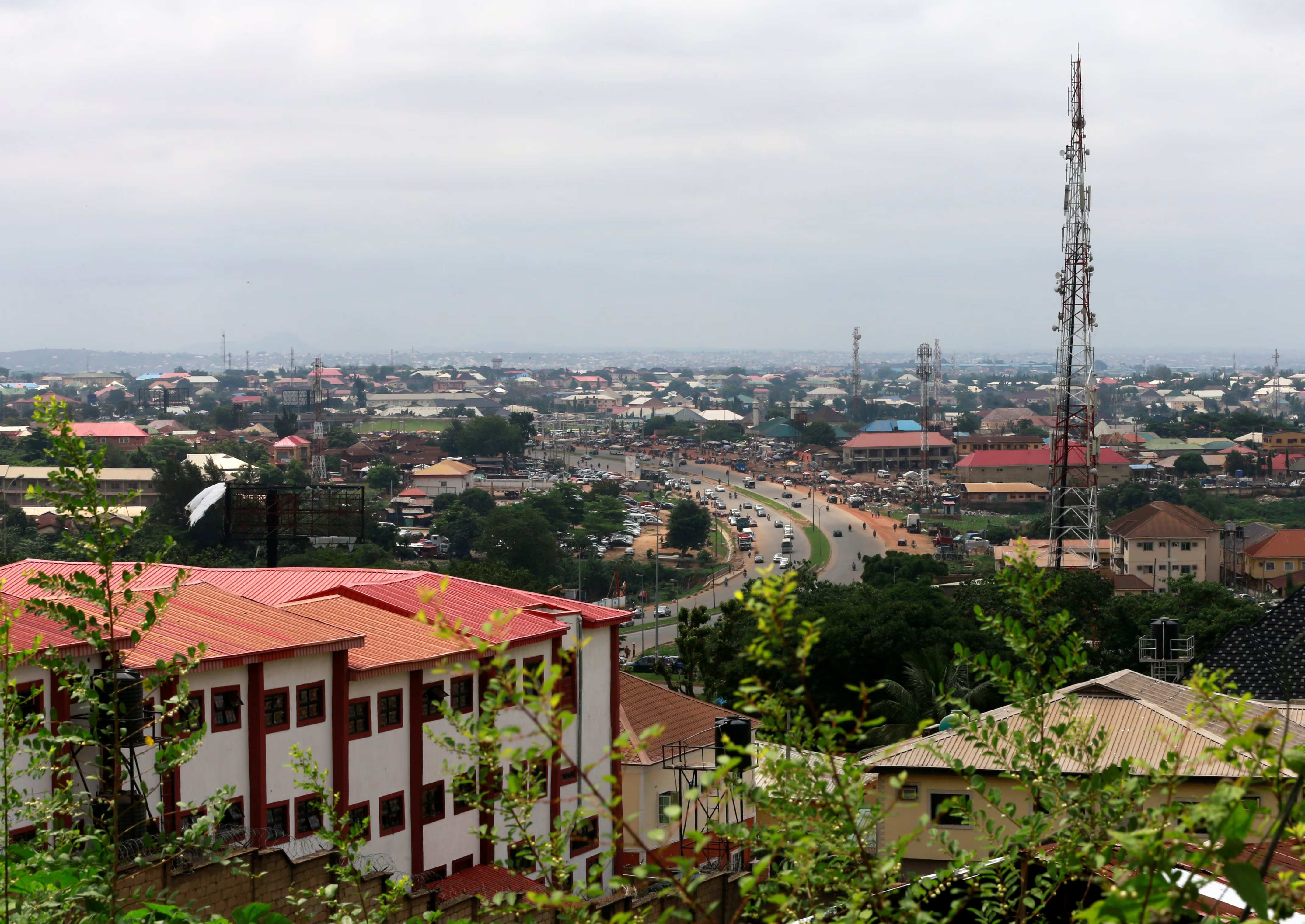
ABUJA, Nov 25 (Reuters) – Nigeria’s economy grew 3.46% year-on-year in the third quarter of 2024, quicker than in the first two quarters of the year, statistics agency data showed on Monday.
Gross domestic product (GDP) growth was driven mainly by the services sector, which contributed more than 50% to aggregate output in the July-September period.
Despite the pickup in growth, from 3.19% in the second quarter and 2.98% in the first, it was still short of the 6% target set by President Bola Tinubu when he took office last year in Africa’s most populous nation and top oil producer.
Tinubu’s lightning reform push in the first weeks of his administration sparked hope that he could finally unleash the full potential of Africa’s sluggish economic giant.
But 18 months on, the key planks of his economic overhaul – devaluing the naira and scrapping subsidies – have triggered the worst cost-of-living crisis in a generation and are yet to translate into much faster growth.
The National Bureau of Statistics said the services sector grew 5.19% in the third quarter, contributing 53.58% to aggregate GDP.
Nigeria’s dominant oil sector, which accounts for the bulk of government revenue and foreign exchange reserves, expanded 5.17%, with average daily oil output of 1.47 million barrels per day (bpd), up slightly from 1.41 million bpd in the second quarter.
Growth in agriculture slowed to 1.14% from 1.41% in the second quarter, while industries grew 2.18%, versus 3.53% in April-June.
The International Monetary Fund forecasts Nigeria’s economy will grow 2.9% in 2024 and 3.2% next year.
(Reporting by Elisha Bala-Gbogbo; Editing by Alexander Winning and Alex Richardson)

